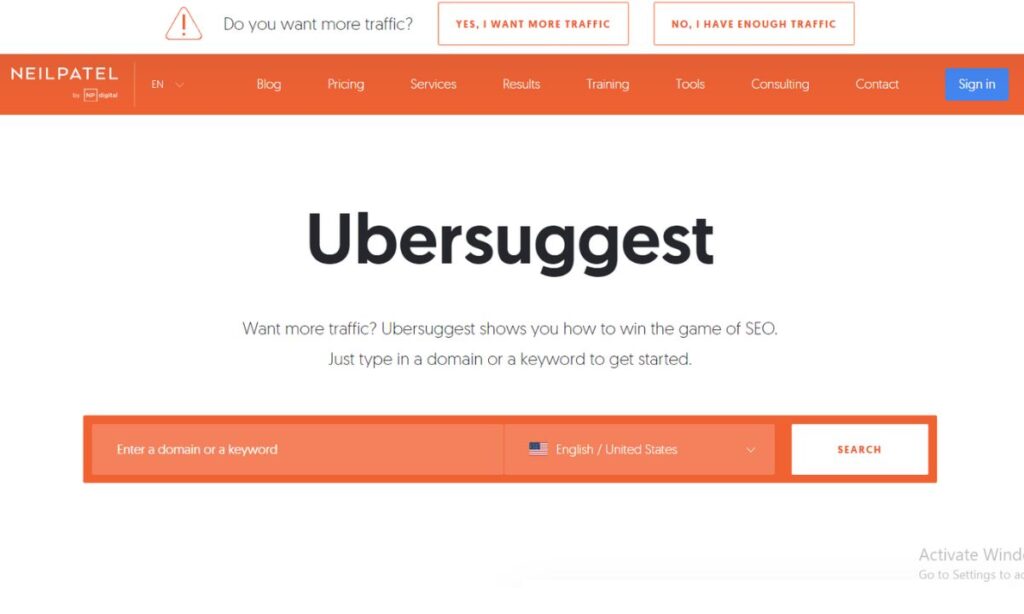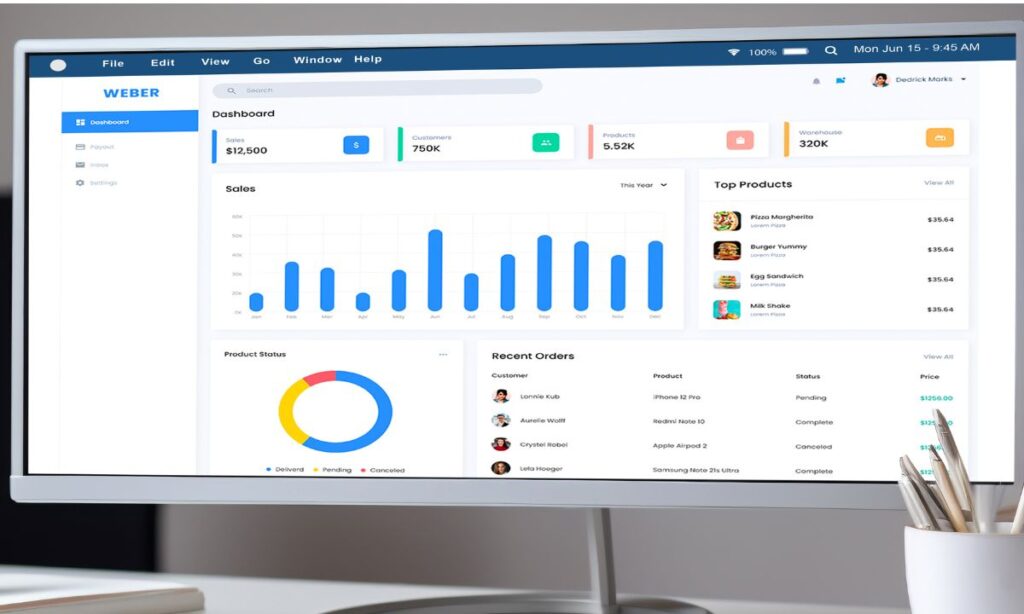In the vast world of search engine optimization (SEO), one term stands out as a game-changer: backlinks. If you’re building a blog, running an online business, or simply trying to grow your website’s presence, understanding backlinks is crucial. But what are backlinks in SEO? Why do they matter so much? And how can you use them to your advantage?
This guide dives deep into backlinks, explaining their significance, how they work, and how to create a winning backlinks SEO strategy. Get ready to level up your SEO game!
What Are Backlinks? (Backlinks Explained)
Define Backlink
A backlink is a hyperlink on one website that points to another website. Think of it as a virtual thumbs-up. When one website links to another, it’s like saying, “This content is valuable.” Search engines, particularly Google, see backlinks as votes of confidence.
Types of Backlinks
Not all backlinks are created equal. Here’s a breakdown:
- Dofollow Backlinks: These pass on SEO value (“link juice”) to the linked site. They directly impact search engine rankings.
- Nofollow Backlinks: These don’t pass link juice but can still drive traffic and build brand awareness.
- Editorial Backlinks: Naturally earned when other websites link to your high-quality content.
- Guest Post Backlinks: Links included in guest blog posts you write for other websites.
- Forum and Comment Backlinks: Links placed in forum discussions or blog comment sections.
What Are Google Backlinks?
Google backlinks refer to the links that influence your rankings on Google. They signal to the search engine that your website is trustworthy and valuable. Quality is key here—one strong backlink from an authoritative site can outweigh dozens of low-quality ones.
Why Backlinks Matter
1 . Backlinks and Google: The Connection
Google’s algorithm heavily relies on backlinks to rank websites. Websites with high-quality backlinks tend to rank higher because backlinks act as endorsements for your site’s authority and relevance.
2. Building Authority
Backlinks show search engines that your site is credible. The more authoritative sites link to you, the more trust search engines place in your content.
3. Driving Referral Traffic
When people click on backlinks pointing to your site, they become referral traffic. This is a direct and measurable benefit of backlinks.
4. Enhancing SEO Strategy
Backlinks are a core part of any SEO strategy. They enhance your site’s visibility, boost rankings, and help you dominate competitive keywords.
How Does Backlinking Work?
Backlinks work by sending signals to search engines about the relevance and quality of your website. Here’s the process:
- Crawling: Search engines discover links on the web using bots.
- Indexing: These bots analyze the content and determine its relevance.
- Authority Scoring: Links from high-authority sites boost your domain’s credibility.
- Ranking Impact: Websites with better backlinks rise in search rankings.
What Makes a Backlink Effective?
- Relevance: Links from sites in your niche or industry are more valuable.
- Authority: Links from well-known, trusted websites carry more weight.
- Anchor Text: The clickable text of a link should be descriptive and relevant.
How to Build Quality Backlinks
Creating effective backlinks isn’t about quantity—it’s about quality. Here’s how you can build valuable backlinks:
1 . Create Exceptional Content
People link to content they find helpful, informative, or entertaining. Focus on:
- In-depth guides (like this one!)
- Unique insights or data
- Visually appealing content like infographics
2. Guest Blogging
Offer to write guest posts for authoritative sites in your niche. Make sure your content is top-notch and includes relevant backlinks.
3. Use a Backlink Checker
Tools like Ahrefs, SEMrush, and Moz help you:
- Identify where your competitors’ backlinks come from.
- Track your own backlink profile.
4. Build Relationships
Networking with bloggers and website owners can open doors to backlink opportunities. Share their content, comment on their blogs, or collaborate on projects.
5. Reclaim Lost Links
Use a backlink checker to find broken links pointing to your site. Reach out to the website owner and provide updated URLs.
6. Leverage Social Media
Share your content on social platforms to attract organic backlinks. Engaging posts can encourage others to link back to your site.
7. Conduct Competitor Analysis
Analyze your competitors’ backlink profiles to identify potential opportunities. Use tools like SEMrush or Ahrefs to uncover linking domains and reach out to those sites.
8. Offer Testimonials
Provide testimonials for products or services you use. Many companies will include a backlink to your site as a gesture of appreciation.
9. Create Shareable Resources
Develop tools, calculators, or templates that others will want to link to. Shareable resources often earn backlinks naturally.
Backlinks Guide: What to Avoid
While backlinks are essential, certain practices can hurt your SEO:
1. Avoid Buying Backlinks
Google penalizes sites that purchase backlinks. Focus on earning them naturally.
2. Steer Clear of Irrelevant Links
A backlink from a cooking blog won’t help your tech website. Stay niche-relevant.
3. Don’t Overuse Anchor Text
Too many keyword-stuffed anchors can trigger penalties. Use natural variations.
4. Avoid Spammy Sites
Links from low-quality or penalized websites can harm your rankings.
5. Say No to Automated Backlink Tools
Tools that generate backlinks en masse can result in unnatural link patterns, leading to penalties.
6. Monitor Your Backlink Profile
Regularly check for toxic backlinks that could harm your SEO. Use tools like Google’s Disavow Tool to address problematic links.
Backlinks and Relevance: The Key to Success
1. Why Relevance Matters
When a backlink comes from a site related to your niche, it’s more meaningful to both search engines and users.
2. How to Stay Relevant
- Research sites in your industry.
- Create niche-specific content.
- Use targeted outreach to secure relevant backlinks.
Monitoring and Maintaining Backlinks
Building backlinks is just the beginning. Maintaining them is equally important:
1. Regular Backlink Audits
Use tools like Ahrefs, SEMrush, or Moz to:
- Identify new backlinks
- Monitor lost backlinks
- Spot harmful links
2. Reclaim Broken Links
Find broken links to your site and contact webmasters to fix or update them.
3. Keep Content Updated
Ensure the pages linked to your site remain valuable and relevant. Outdated content can lead to lost backlinks.
Conclusion: The Importance of Backlinks
Backlinks are the backbone of SEO success. They:
- Improve search engine rankings
- Drive targeted traffic
- Build your website’s authority
By focusing on quality over quantity, staying relevant, and using ethical practices, you can create a backlinks strategy that propels your site to the top of search results.
Now it’s your turn: Start creating content, building connections, and watching your site thrive in the SEO landscape.
FAQs
- What are backlinks in simple terms?
- Backlinks are links from one website to another, acting as endorsements for the linked site.
- Why are backlinks important for SEO?
- They improve your website\u2019s authority, drive referral traffic, and help boost rankings on search engines like Google.
- How can I get high-quality backlinks?
- Focus on creating valuable content, building relationships, and engaging in guest blogging for authoritative sites.
- What\u2019s the difference between dofollow and nofollow backlinks?
- Dofollow links pass SEO value (link juice) to your site, while nofollow links do not but can still generate traffic.
- How do I check my backlinks?
- Use tools like Ahrefs, SEMrush, or Google Search Console to monitor your backlink profile.
- Can bad backlinks hurt my SEO?
- Yes, links from spammy or low-quality websites can harm your rankings. Regular audits can help you identify and disavow them.
- How long does it take for backlinks to impact SEO?
- It can take weeks to months for search engines to recognize new backlinks and reflect their impact on rankings.
- What should I avoid when building backlinks?
- Avoid buying backlinks, overusing exact-match anchor text, and linking from irrelevant or low-quality sites.

Welcome to Digital Profit Track, sharing insights on digital marketing, freelancing, and online earning.
Contact me at: team@digitalwsf.com




